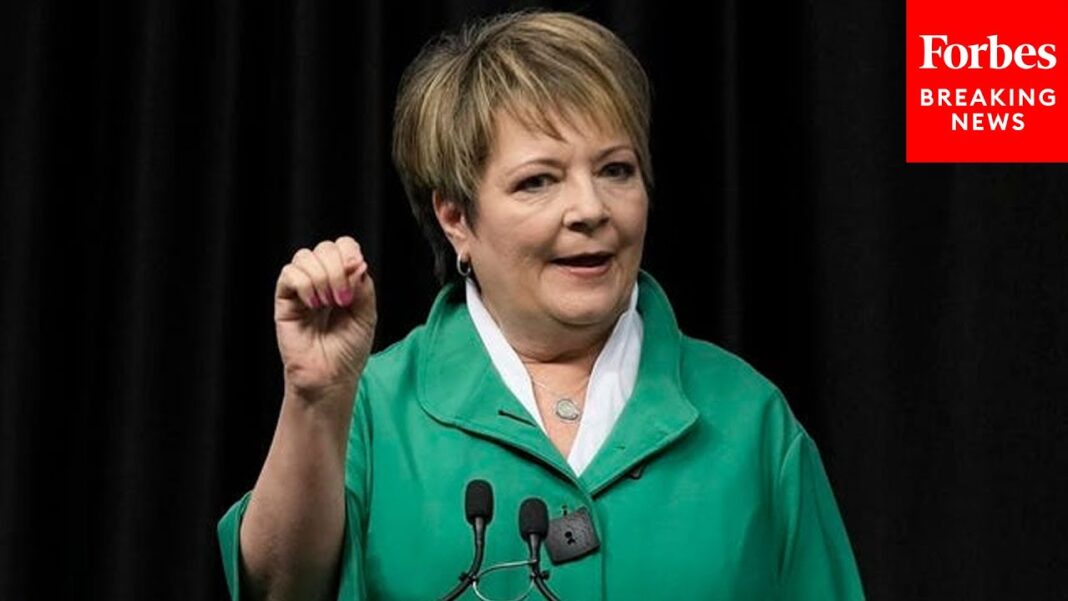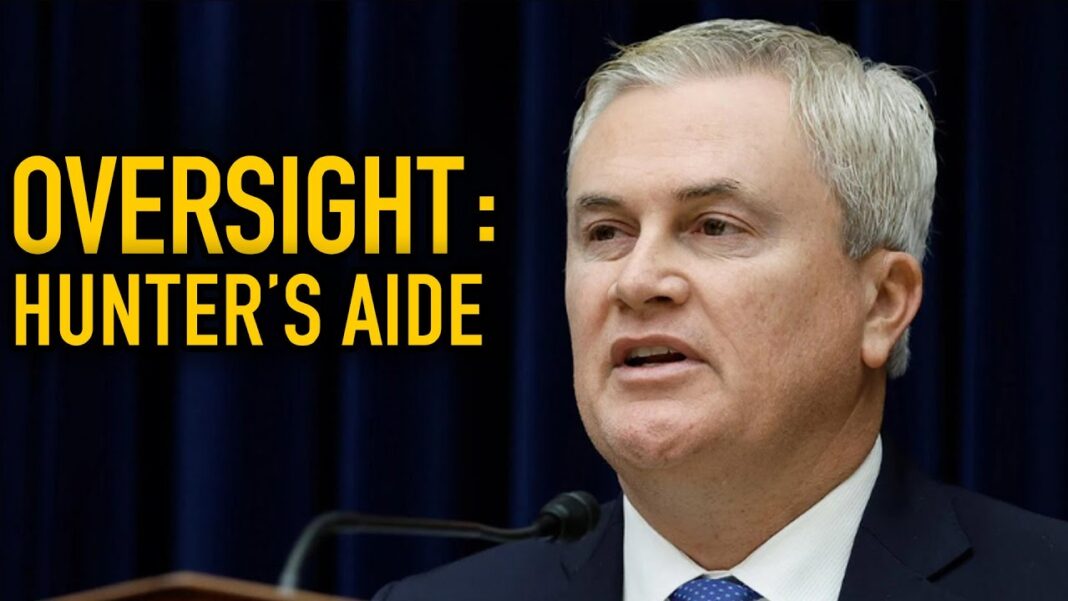Why Beijing’s plan to supplant the dollar might succeed or fail
A longstanding plan by China and Russia to replace the U.S. dollar as the world’s reserve currency has had a string of recent headline-grabbing successes, as China methodically builds a rival monetary system that has been dubbed “Bretton Woods III.”
This currency initiative is the financial component of the Beijing regime’s strategy to gain influence over global energy supplies and overcome its key weakness as an energy-poor country—a strategy that appears to be working.
“Given the increased weaponization of the dollar for national security purposes, and the growing geopolitical rivalry between the West and revisionist powers such as China, Russia, Iran, and North Korea, some argue that de-dollarization will accelerate,” economist Nouriel Roubini wrote in a Financial Times op-ed, titled “A Bipolar Currency Regime Will Replace the Dollar’s Exorbitant Privilege.”
According to the International Monetary Fund (IMF), Bretton Woods III is “a new monetary order centered around commodity-based currencies.” This system features a network of agreements among China and commodity-exporting countries to trade in Chinese yuan or other currencies besides the U.S. dollar.
But dethroning the dollar as the world’s reserve currency is a side benefit to China’s goal of establishing reliable long-term access to the energy supplies it so desperately needs. Countries that have thus far agreed to accept Chinese yuan as payment for oil include Russia, Iran, and Venezuela. Together, these three oil exporters represent 40 percent of the world’s known reserves; all are currently under embargo by the United States.
Meanwhile, China and Brazil have struck a deal to ditch the U.S. dollar in trade transactions in favor of their respective currencies.
What Roubini called the “weaponization of the dollar” refers to the United States’ habit of using its financial authority to punish its adversaries, most recently ousting Russian banks from the foreign exchange-settlement system known as the Society for Worldwide Interbank Financial Telecommunication (SWIFT). Some analysts, however, warn that America’s politicization of the global dollar system is compelling an ever-larger number of nations to seek alternatives, and China appears happy to oblige them.








